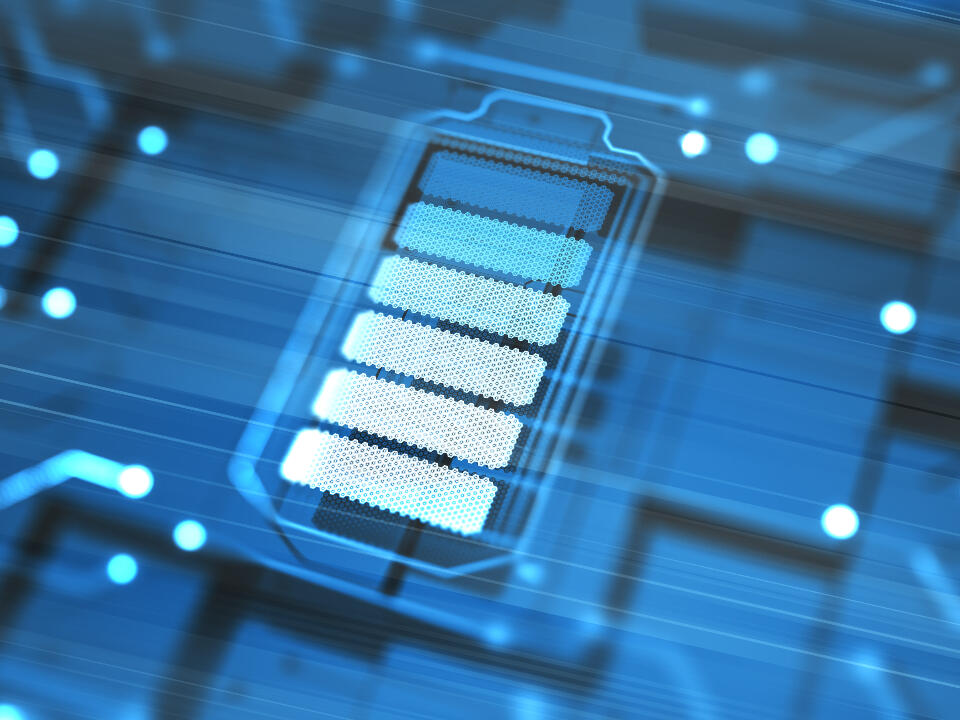The company also announced its production expectations in light of the global chip shortage and the resulting manufacturing bottlenecks.

Image: GettyImages/MF3d
Electric vehicle sales have surged in recent years as consumers trade in their combustion engines for a set of battery-powered wheels. At the same time, automotive manufacturers are investing in autonomous vehicle capabilities and testing these models on roadways around the globe. On Wednesday, General Motors announced that it was increasing its investments into EVs and AVs by 75% ($35 billion) through 2025.
SEE: IT expense reimbursement policy (TechRepublic Premium)
"We are investing aggressively in a comprehensive and highly-integrated plan to make sure that GM leads in all aspects of the transformation to a more sustainable future," said GM Chair and CEO Mary Barra, in a press release. "GM is targeting annual global EV sales of more than 1 million by 2025, and we are increasing our investment to scale faster because we see momentum building in the United States for electrification, along with customer demand for our product portfolio."
Overall, GM said the increased spending from 2020 through 2025 builds on a $20 billion investment announced in early 2020 that was later increased to $27 billion in November. These investments include "capital, engineering expenses and other development costs, to accelerate its transition to EVs and AVs," the release said.
SEE: Juggling remote work with kids' education is a mammoth task. Here's how employers can help (free PDF) (TechRepublic)
The investments and partnerships are focused on a number of production capabilities including boosting stateside Ultium battery production, according to the release, stating that that "GM is accelerating plans" to construct a pair of U.S. battery cell manufacturing facilities "by mid-decade to complement" Tennessee- and Ohio-based plants that are under construction.
Additionally, the investments and collaborations will help GM commercialize these domestically produced batteries, HYDROTEC fuel cells, expand and accelerate "the rollout of EVs for retail and fleet customers" and "safely" deploy "self-driving technology at scale," per the release.
Those so-inclined can read about GM's full list of investments and collaborations online.
Automotive chip shortage
In recent months, a global chip shortage has reverberated across industries leading to empty shelves, production bottlenecks and headaches for consumers. These disruptions have hamstrung production and the rollout of a number of new products including automobiles. Hyundai recently announced a chip-related production shutdown at an Alabama plant, according to NPR and WFSA reporting.
Earlier this year, Ford announced that it was decreasing F-150 production due to chip constraints and General Motors has also limited vehicle production. In the press release, GM said the company "expects to deliver better-than-expected results in the second quarter despite the industry-wide impact of the semiconductor shortage."
Additionally, the company said it expects "improved near-term production from the pull forward of semiconductors from the third quarter" and anticipates the "second half of 2021 will continue to be complex and fluid."

Innovation Newsletter
Be in the know about smart cities, AI, Internet of Things, VR, AR, robotics, drones, autonomous driving, and more of the coolest tech innovations. Delivered Wednesdays and Fridays
Sign up todayAlso see
- Global chip shortage: The logjam is holding up more than laptops and cars and could spoil the holidays (TechRepublic)
- C++ programming language: How it became the foundation for everything, and what's next (free PDF) (TechRepublic)
- Video game career snapshot: Industry insights and jobs for IT pros (TechRepublic Premium)
- Technology that changed us: The 1970s, from Pong to Apollo (ZDNet)
- Tom Merritt's Top 5 series (TechRepublic on Flipboard)







 English (US) ·
English (US) ·